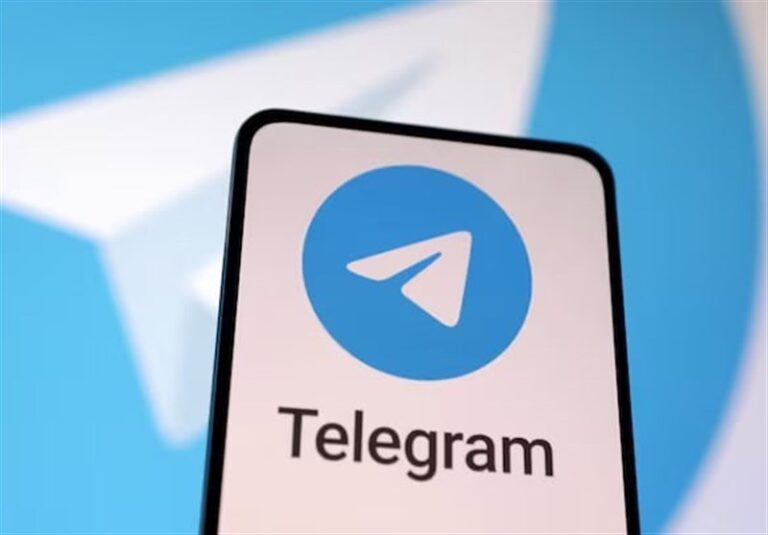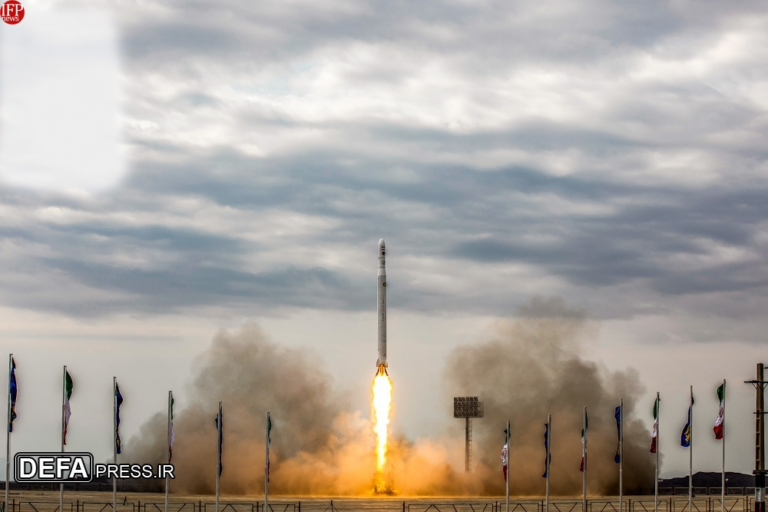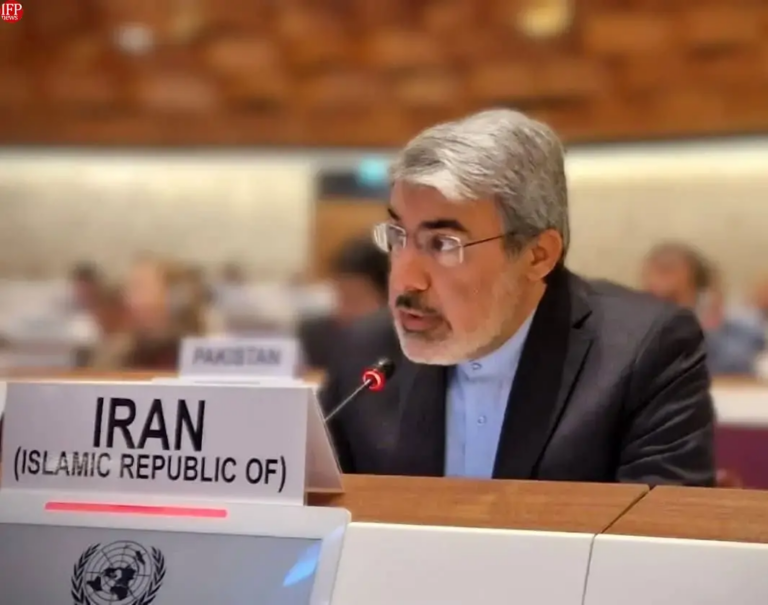
Similar Posts

Iran Introduces AI Curriculum in Schools Starting Next Academic Year!
Iran’s Vice President for Science, Technology, and Knowledge-based Economy, Hossein Afshin, announced an initiative to teach artificial intelligence (AI) to one million students aged 7 to 15 starting next school year. The program will utilize game-oriented teaching methods to make AI education engaging and practical, focusing on real-world applications. By fostering a competitive and creative learning environment, the initiative aims to enhance students’ understanding of technology and prepare them for a future reliant on AI. This commitment reflects Iran’s intent to invest in science and technology, positioning its younger generation for success in a rapidly evolving job market.

Vietnam Cracks Down on Crime: Telecom Providers Ordered to Block Telegram Messaging App
Vietnam’s Ministry of Information and Communications has ordered telecom companies to block the messaging app Telegram for failing to comply with local investigations into criminal activities. A document issued on May 21 highlighted that 68% of Telegram’s 9,600 groups in Vietnam were linked to illegal activities, prompting this unprecedented action. The directive, signed by the ministry’s deputy head, requires telecom providers to prevent Telegram’s operations and report by June 2. Despite the order, Telegram remains accessible, raising enforcement concerns. This move underscores the Vietnamese government’s tightening control over digital communication amid rising scrutiny of user data privacy and security.

Revolutionary Breakthrough: Scientists Create Groundbreaking Battery Fueled by Nuclear Waste!
Researchers at Ohio State University have developed a prototype battery that harnesses radiation from nuclear waste to generate electricity, aiming to transform radioactive materials into sustainable energy. This innovative technology converts ambient gamma radiation into power for small microelectronics, with initial tests showing promising outputs from cesium-137 and cobalt-60. The battery employs a two-step process, involving scintillator crystals and solar cells. While currently intended for use near nuclear waste facilities, this technology could eventually offer low-maintenance monitoring solutions. Researchers express optimism about its potential to improve energy production and sensor technology, despite challenges in longevity and radiation hardness.

Iran Set to Launch 20 Cutting-Edge Satellites: Official Announcement Reveals Ambitious Space Program
Tehran is advancing its space strategy by developing around 20 new satellites through public-private partnerships, as highlighted by Iranian Space Agency head Hassan Salarieh at the 2025 INOTEX Exhibition. This includes the “Shahid Soleimani” satellite constellation, emphasizing the private sector’s growing role in Iran’s space industry. Salarieh introduced a guaranteed purchase program for satellite imagery to boost the space-based economy. The INOTEX exhibition, featuring over 500 startups and innovations, showcases satellite technologies and artificial intelligence applications. This collaboration between state and private firms is crucial for enhancing Iran’s standing in the global space sector, indicating a promising future for the country’s space initiatives.

Iran Commits to Protecting Genetic Resources and Traditional Knowledge with New Treaty
Iran has become the 42nd signatory of the Treaty on Genetic Resources and Associated Traditional Knowledge, signing the agreement at WIPO headquarters. Adopted on May 24, 2024, the treaty aims to enhance patent systems related to genetic resources, ensuring that applicants disclose the origins of genetic materials. This landmark agreement addresses issues faced by developing countries and Indigenous communities regarding unauthorized use of their resources, promoting ethical practices. Iran’s commitment is reflected in its domestic laws that align with the treaty’s objectives, contributing to global biodiversity conservation and empowering communities in the equitable sharing of benefits derived from traditional knowledge.
